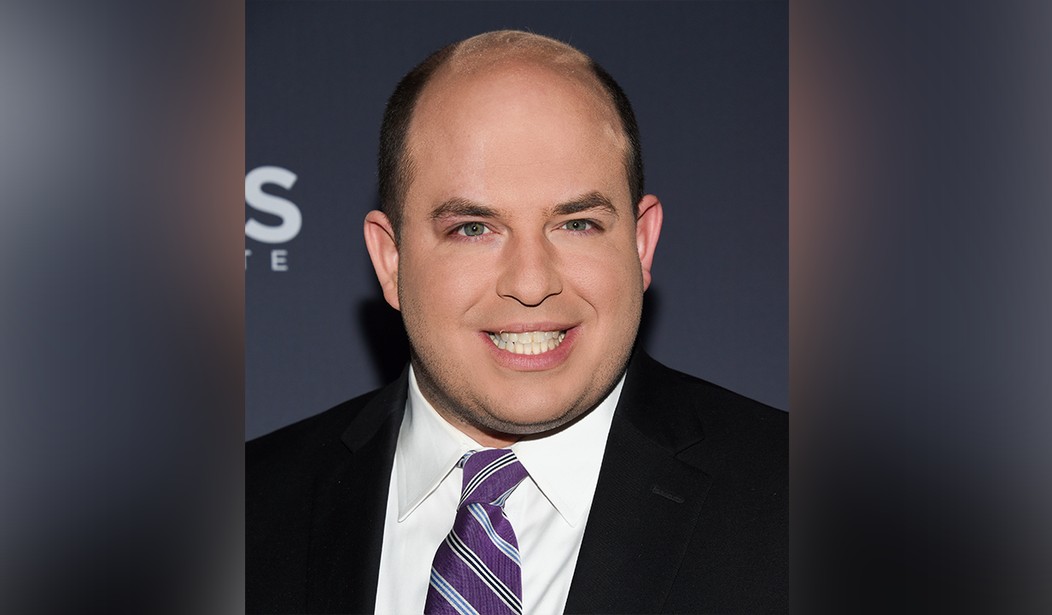Long before the pandemic, the local news business had been in a tailspin. Newspapers across the country lost classified advertising revenue thanks to internet sites like Craigslist. Terrestrial radio stations lost their audience to iTunes -- and then Spotify. Most commercial radio stations don't offer news anymore. Most Americans under 35 think of newspapers and radio news as odd products their parents consume, like Spam and Velveeta.
As a college kid in Viroqua, Wisconsin, I covered local news in the summers for our local radio station and called in freelance articles on the city council or school board decisions to the LaCrosse Tribune. The matters discussed were probably uninteresting to most. I learned what a "property easement" was, and reported on the debate over how to dispose of old railroad ties. I didn't find it scintillating.
The nagging question for journalism: Can you get anyone to read or click on decisions this "small"? In late 2018, 71 percent of Americans told the Pew Research Center they thought their local news media was doing well financially, even though only 14 percent said they had paid for local news in the past year.
Liberal journalists look at this problem with the usual liberal eyes. "The market has failed," they proclaim, and the obvious answer is government intervention. In the 1960s, this logic of a lack of community service in broadcasting led to the Public Broadcasting Act of 1967, and the creation of the PBS and NPR networks.
You can see exactly what liberals like about their "correction" to the "market failure." What we have now is an extremely well-funded network of liberal propaganda. So it's appropriate to be concerned when they're now pouncing on the idea of massive government subsidies for local news.
Recommended
CNN's Brian Stelter is an unsurprising champion of local news as "civic infrastructure" that should get billions in the "infrastructure" bill. "With Democrats controlling the levers of power in Congress, these ideas will at least get a hearing," he writes. "Maria Cantwell, chair of the Senate Commerce Committee, said earlier this spring that local news, 'frayed beyond belief,' should be treated as 'critical infrastructure' that 'needs to be preserved.'"
As for critics? Stelter writes: "Billions in funding for local news?! I can hear the bad-faith mockery on Fox News at the same time I type these words." Stelter is so unsubtle that every conservative critique of the liberal media is a "bad-faith mockery."
One problem, say the liberals, is "less local news meant more polarization" in communities. But anyone can see that hot issues like transgender "girls" in school sports or teaching "critical race theory" are inherently polarizing on a local level, and, in each case, the left sees only one "civic" opinion worth hearing. The other should be discouraged if not crushed.
Does anyone think Stelter's CNN demonstrates a concern about "polarization" in its national product? Does it offer conservatives a "good-faith" platform for discussion?
It should seem obvious in looking at NPR and PBS today, including their local news, that their solution to "polarization" is to provide the liberal opinion almost exclusively and leave the "polarizing" conservative or Republican counterpoint in the trash.
They then call this "civic infrastructure." This somehow empowers "democracy," leaving half of the argument out or fiercely challenging it as anti-democracy. Liberals don't believe it's unfair that conservatives subsidize news organizations that don't let them speak and disparage them as vicious racists and worse.
Republicans never have any success in reducing funding for NPR or PBS. If they let the liberals start funding these local news properties, the same inevitable government-subsidized propaganda will result.
Tim Graham is director of media analysis at the Media Research Center and executive editor of the blog NewsBusters.org.

























Join the conversation as a VIP Member